
Is Oliver Anthony a Republican? Singer shruggs off his song's debate moment, hits conservatives for saying he's one of them
Oliver Anthony has now directed his ire towards conservative media and politicians for claiming his song 'Rich Men North of Richmond'
2023-08-26 15:47
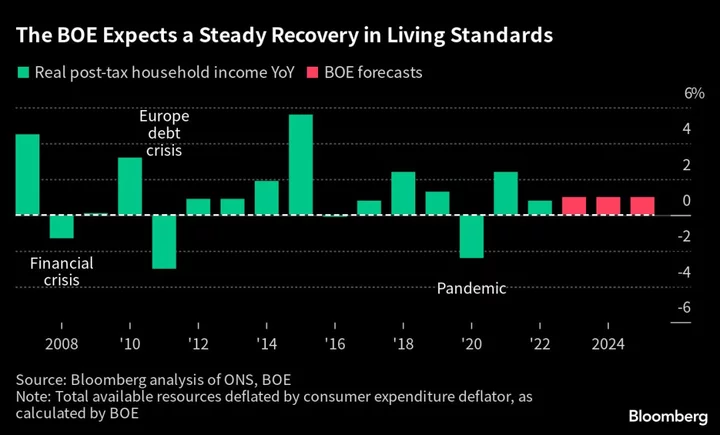
Sunak Finds UK Inflation May Follow Him Into Election Year
If Prime Minister Rishi Sunak thought inflation would drop away quickly this year, delivering an easy victory in
2023-05-25 17:18

US Supreme Court's dog toy ruling puts parody products on notice
By Blake Brittain The U.S. Supreme Court handed brand owners a win against parody products on Thursday when
2023-06-12 19:16
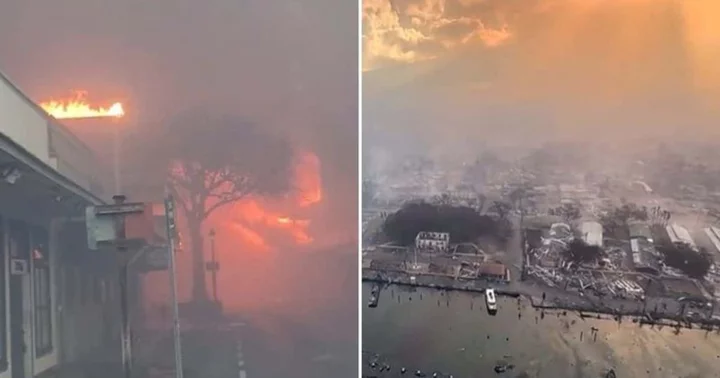
How did the Maui fires spread? Factors making it difficult to combat nation’s deadliest wildfires
Multiple fatalities and numerous evacuations have been caused by rapidly expanding Maui wildfires that broke out on Tuesday night
2023-08-11 14:48

Looking for a new car under $20,000? Good luck. Your choice has dwindled to just one vehicle
Just five years ago, a price-conscious auto shopper in the United States could choose from among a dozen new small cars selling for under $20,000
2023-08-21 17:27
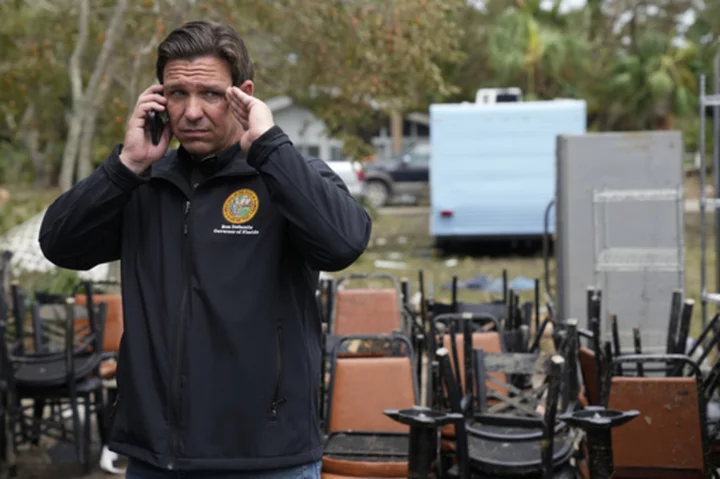
Hurricane, shooting test DeSantis leadership as he trades the campaign trail for crisis management
First a shooting, then a storm
2023-09-01 06:25
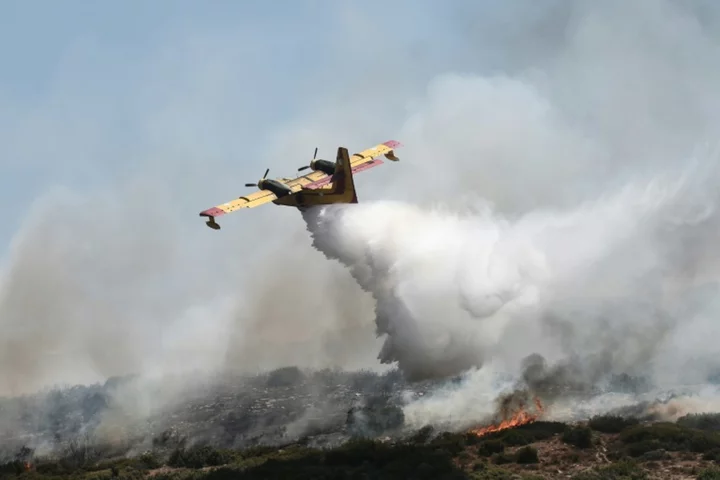
Battle against Greece wildfires 'improving': fire service
The fight against deadly wildfires raging in Greece for more than a week is improving, the fire service said on Friday, warning it remained on alert as fierce winds...
2023-07-28 16:29

Olivia Dunne has a surprise for her fans and 'supporters', here's what we know
Olivia Dunne received much love and support as she shared photos from her 'Sports Illustrated Swimsuit' debut
2023-06-12 16:51
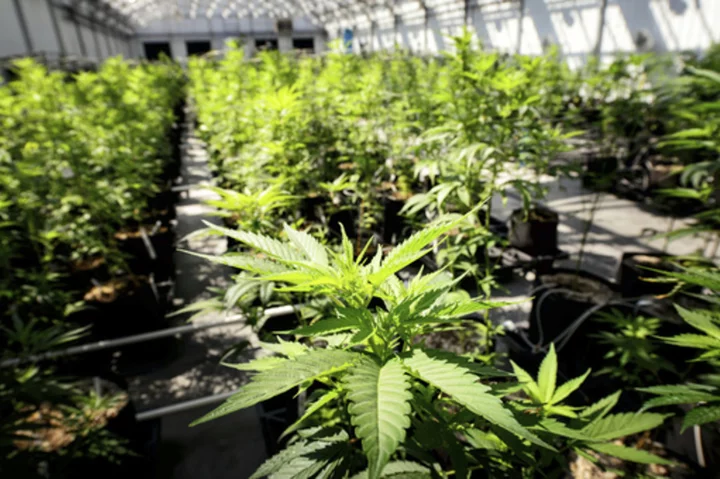
Minnesota governor signs bill to legalize marijuana, effective this summer
Minnesota Democratic Gov. Tim Walz signed a bill Tuesday that legalizes recreational marijuana for people over the age of 21
2023-05-31 02:56

Jamie Lee Komoroski, who killed Sarah Miller, was hired at Mexican eatery for her 'personality'
Jamie Lee Komoroski, 25, is charged with reckless vehicular homicide and three counts of driving under the influence
2023-05-08 23:25
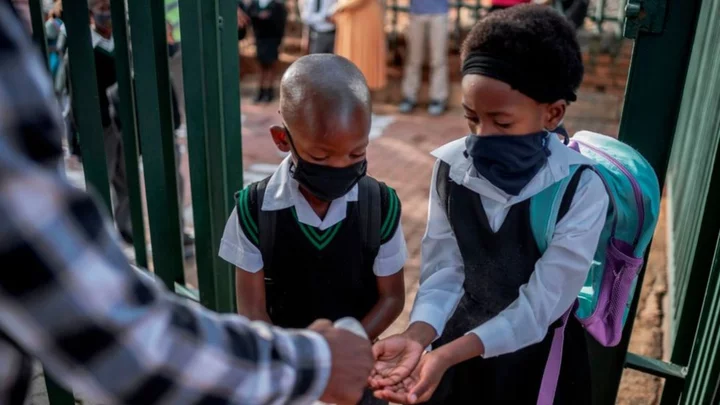
Eight in 10 South African children struggle to read by age of 10
Eight in 10 students have issues with literacy, the lowest performance in a study of 57 countries.
2023-05-17 08:16

Was Sinead O’Connor a queer icon? Singer once said she was 'three-quarters heterosexual, a quarter gay'
Sinead O'Connor actively supported the LGBTQ+ community by participating in Pride events and showing solidarity with gay rights during the AIDS crisis
2023-07-29 18:47
You Might Like...

Adin Ross' extraordinary gesture transforms fortunate fan's destiny: 'Enough to make a grown man cry'

'This is gonna last': Fans roots for '1000-lb Sisters' star Amy Slaton as she makes her relationship with Tony Rodgers official

South Korean nurses strike after Yoon vetoes bill on pay, working conditions

Anirban Lahiri, Bryson DeChambeau carry Crushers to team title in LIV Golf finale

‘Counting On’ alum Joy-Anna Duggar ‘embarrassed’ as daughter breaks into ‘chicken dance’ while shopping
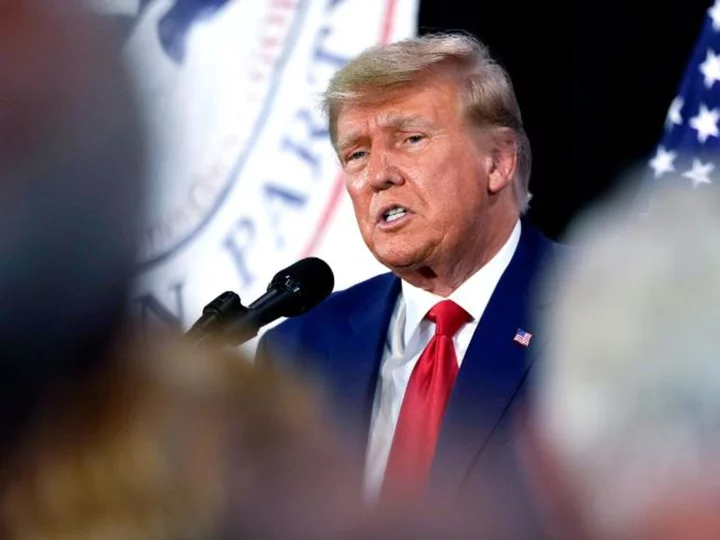
Trump lawyers negotiating with Fulton County DA over details of surrender, sources say

Lionel Messi set to be unveiled by Inter Miami and Major League Soccer
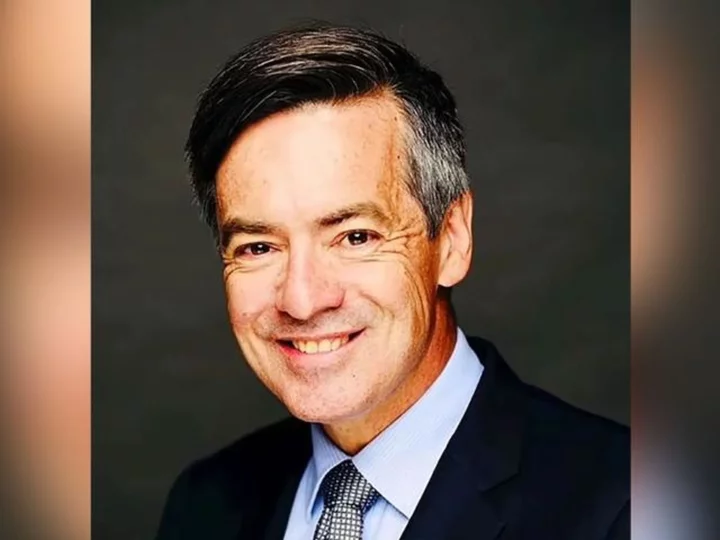
Kenneth Chesebro, architect of fake electors plot, pleads not guilty in Georgia election case
